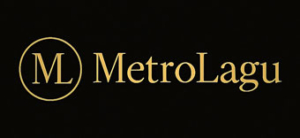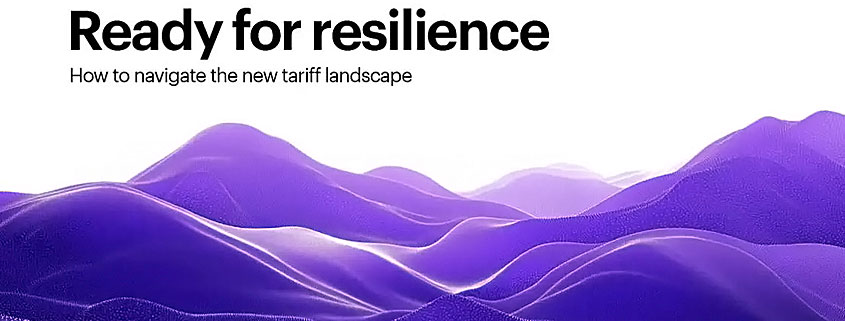Introduction: A New Era of Global Trade
At MetroLagu.vin, we believe that understanding global economic shifts is essential for modern entrepreneurs, investors, businesses, and visionaries.
In today’s dynamic world, tariffs — once technical tools of trade policy — have reemerged as powerful forces shaping economies, markets, and everyday lives.
As nations reevaluate globalization, national security, and supply chain resilience, a new tariff landscape is unfolding — one that demands strategic foresight, creative adaptation, and informed navigation.
Tariffs are no longer just about trade.
They are about opportunity, risk, and transformation.
🧠 What Are Tariffs — and Why Do They Matter?
Tariffs are taxes or duties placed on imported goods and services.
They are used to:
-
Protect domestic industries from foreign competition.
-
Generate government revenue.
-
Influence international negotiations and diplomacy.
-
Encourage local sourcing and manufacturing.
When imposed, tariffs raise the cost of imported goods, potentially making local alternatives more attractive — but they also reshape supply chains, consumer prices, investment patterns, and global alliances.
🌍 The New Tariff Landscape: Key Drivers
The global tariff environment is shifting under several powerful influences:
-
Supply Chain Resilience:
The pandemic, geopolitical tensions, and natural disasters revealed vulnerabilities in global supply chains, prompting nations to encourage local manufacturing and diversification. -
Economic Nationalism:
Countries are increasingly prioritizing domestic industries, jobs, and technological leadership — sometimes at the expense of free trade norms. -
Strategic Industries Protection:
Semiconductors, energy, pharmaceuticals, and defense sectors are now seen as vital for national security — attracting new tariffs, incentives, and regulation. -
Climate and Sustainability Initiatives:
Emerging carbon tariffs aim to penalize high-pollution imports, reshaping global manufacturing dynamics.
The result?
Trade wars, redefined partnerships, new economic alliances — and enormous new opportunities for those who adapt elegantly.
🔥 The Economic Impact: Winners and Challenges
📈 Industries Poised to Benefit
-
Local Manufacturers:
Industries producing domestically — particularly in sectors like technology, textiles, and agriculture — gain a competitive edge as tariffs make imports pricier. -
Regional Trade Agreements:
Nations forming new alliances (e.g., RCEP, CPTPP) benefit from reduced internal tariffs, creating fresh export markets. -
Technology Innovators:
Automation, AI, and smart logistics firms help businesses mitigate supply chain costs and navigate new tariff structures. -
Sustainable Brands:
As eco-tariffs grow, brands with transparent, low-carbon supply chains are increasingly favored.
📉 Sectors Facing Headwinds
-
Import-Dependent Retailers:
Companies reliant on cheap imports face rising costs and shrinking margins. -
Luxury Goods and Global Brands:
Higher tariffs on fashion, electronics, and automobiles impact price-sensitive markets. -
Emerging Markets:
Economies heavily dependent on exports may face instability if tariff barriers limit access to traditional customers.
In every challenge, however, lies the potential for reinvention — and for leaders to differentiate through innovation, agility, and sustainability.
✨ Strategies for Navigating the Tariff Terrain
At MetroLagu.vin, we advocate for proactive, elegant, and strategic responses to economic shifts:
1. Reimagine Supply Chains
-
Diversify sourcing across regions to minimize exposure to any single market or tariff regime.
-
Embrace nearshoring and regional hubs for flexibility and resilience.
2. Invest in Technology
-
Use AI and predictive analytics to monitor trade risks in real time.
-
Digitize supply chains for greater transparency, speed, and adaptability.
3. Cultivate Strategic Partnerships
-
Engage in regional trade groups, innovation clusters, and public-private initiatives to strengthen networks.
-
Partner with logistics and legal experts specializing in international trade navigation.
4. Prioritize Sustainability
-
Invest early in low-carbon operations to stay ahead of future climate tariffs.
-
Embrace ESG (Environmental, Social, and Governance) practices as competitive advantages, not compliance burdens.
5. Stay Agile and Informed
-
Track regulatory changes, diplomatic shifts, and trade agreements dynamically.
-
Make flexibility — in sourcing, manufacturing, marketing, and sales — a core competency.
Adaptability is the new luxury in business leadership.
🌟 The Future: From Tariffs to Transformation
While tariffs may increase costs and complexities in the short term, they also drive profound innovation:
-
New global markets will emerge.
-
Resilient brands will redefine luxury through authenticity, sustainability, and adaptability.
-
Visionaries who lead change — not resist it — will build businesses that flourish in the new global economy.
At MetroLagu.vin, we believe the key to thriving in the tariff era is not merely navigating barriers — but mastering them, transcending them, and using them as catalysts for inspired evolution.
📬 Stay Strategically Informed
Join our Business Circle to receive exclusive insights into global trade trends, market innovations, supply chain strategies, and business leadership in a changing world.



